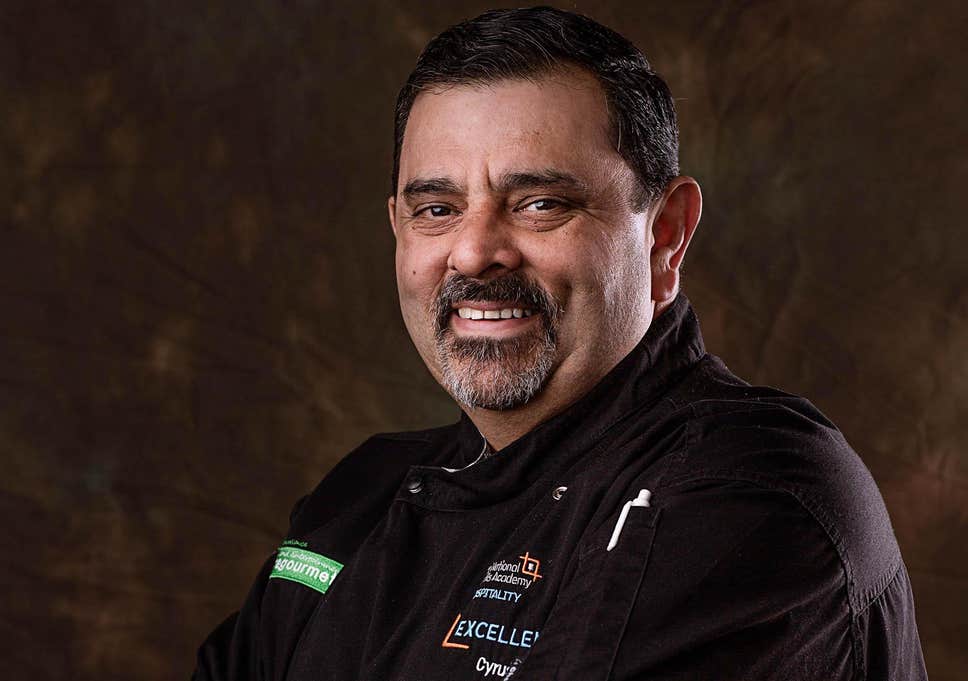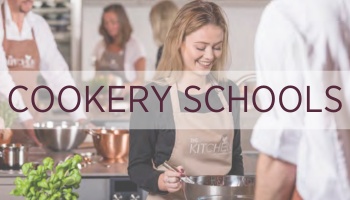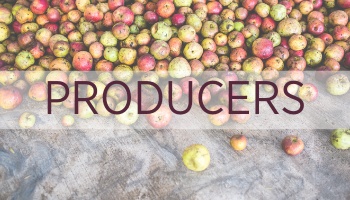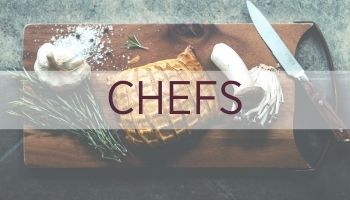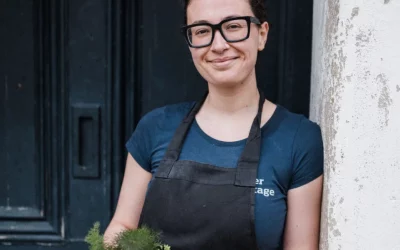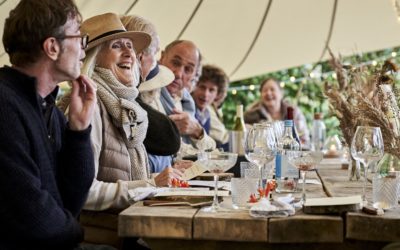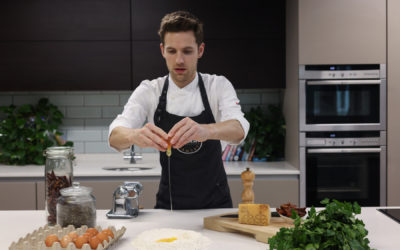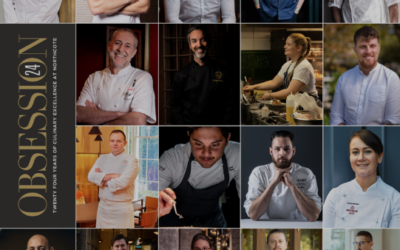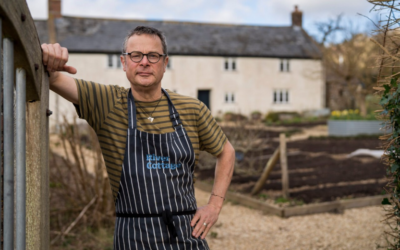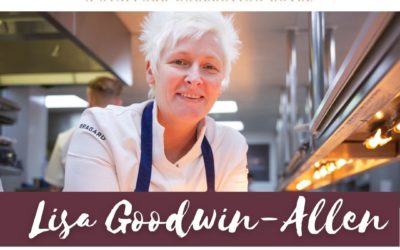We caught up with pioneering British chef Cyrus Todiwala OBE, to discuss industry survival and sustainability.
Celebrity chef Cyrus Todiwala OBE, a familiar smiling face to Saturday Kitchen devotees, gives us a glimpse of chef life in lockdown and the future challenges facing the hospitality industry. Cyrus is the owner of Cafe Spice Namasté in London, currently closed like all other UK hospitality venues.
He is kindly supporting the #GiftToShareExperiences campaign for Hospitality Action.
How have you been keeping busy during the lockdown?
Well even though I’m not allowed to do much physically at the moment, I’m still doing lots of things at home. I’ve been posting lots of cookery videos and chef tips on my page (see video link below of me cooking live in my kitchen with Author Mira Manek from hers) and helping people to learn and enjoy Indian cooking. It’s been very enjoyable and we’ve had some great feedback. I’m also baking more bread and biscuits, which I haven’t done in a long time, but I’m trying not to snack on them too much!
How are you and your staff coping at your restaurant Café Spice Namaste?
Our staff are all on furlough, as with many other establishments. The support from the Government has been a lifeline for us and the industry, so far. Since we didn’t have a thriving take-away business, we cannot go down that route until we’re sure we can launch something special. However, we keep in touch daily with our staff on our Whatsapp Group Chat, sharing jokes, thoughts and good deed suggestions to keep each other going. Maintaining positive mental health is very important.
How will you adapt and survive post-lockdown?
I think this will be our greatest challenge. We don’t yet know what we’ll do or how we’ll do it; we are planning many things, but until the government provides more information on openings dates, and sectors, alongside the understandable restrictions our industry will be operating under, we are unable to commit to a detailed plan. As an industry, we also need the support of the public to help us adopt the best ways to commit to post-lockdown regulations. We want to make sure they can visit our restaurant safely and enjoy the experience without the fear of contracting anything.
How have your suppliers been coping?
Well for many of our suppliers, things have been brought to a complete standstill. Farmers, producers, artisans and suppliers are all affected. We want to support them, as they’ve supported us in the past, but although things are now improving, many have still not secured the promised loans as banks are not on the same wavelength as the Chancellor. As soon as this happens, we’re hoping to start some form of payment to support them.
Do you think the pandemic will encourage people to seek out more locally-produced food?
We’ve seen a lot of support for the Love British Food movement recently, and we’re actively encouraging people to start buying directly from farmers and producers. Rare breed farmers in particularly are now trying hard to control their stocks as animals are being born but the route to market is hampered by restrictions. I’d love people to support British farmers and food producers; our loyalties should lie with them now.
To ensure the survival of our rare breed animals, we must eat them. It may sound odd, but it’s the only way to make sure they survive. The Island of North Ronaldsay in the Outer Orkneys thrives purely on the trade of its rare and endangered wild sheep. There’s a ceiling on how many they can use for mutton, but if people don’t buy that mutton, their community will dwindle. Supporting regional British farmers is so important, and many farmers now offer direct delivery.
I am patron of the Lop Pig Society. It’s a wonderful rare breed, and as with the Ronaldsay sheep, demand is critical to its survival. Together, we are working to conserve, develop and market the Rare Breed Lop Pig as a commercially viable breed, with a strong focus on ethical and compassionate methods of production. Visit the Rare Breeds Survival Trust website to find out more about rare breeds.
I also hope we start to use more British shellfish and underused types of fish. We have some of the finest waters in the world and yet we import tons of fish and shellfish from far away. We’ve given up eating our own glorious cockles, mussels, clams, whelks and so many varieties of fish that we now no longer like, but they are so healthy and nutritious. These shellfish are in abundance because we keep consuming well-known species like cod and haddock, which is damaging our environment and natural resources.
How important is sustainability right now to our environment and eating habits?
The word ‘sustainability’ is often misused and misconstrued, but in terms of food, it all starts with the community; the farmers, the producers and their survival as an industry, and their ability to encourage future generations to continue that profession. Buying safely produced, traditional plants and foods, being more mindful of packaging and considering how far food has travelled are all important parts of sustainability. We need the earth more than it needs us, so we all need to be more conscious of the actions we’re taking every day, and how they could impact on the environment.
Will you continue with online cookery classes you’ve been hosting when things re-open?
I hope so! People are more keen to cook than ever, and I enjoy helping people unravel the many mysteries about Asian food and giving them more confidence to create these dishes in their own kitchens. As soon as we start back, we hope to offer an even better learning package; we’re exploring the advent of hands-on cooking too, with plenty of space for everyone to cook safely, which will help more people to improve their techniques and overall skills.
When the lockdown lifts on restaurants, what can people expect at Café Spice Namaste?
Aside from being as safe and hygienic as we can possibly make it, people can also expect a dining experience that’s genuine, honest and ethical. Our food is simple and tasty, the service is very good but not omni-present, and 95% of the produce in our dishes is sourced directly from farms that have been strictly vetted. Our menu is based on classical cooking using many traditional methods, and we’ve very proud to have been voted Britain’s Most Ethical-Sourcing Restaurant. We are very excited to welcome our customers back soon, for what promises to be a completely new dining experience.
Cookery Experiences
We will also be hosting a series of exclusive Indian cookery masterclass GourmetXperiences, in very small groups, with me providing home cooking tips, new skills and spices to equip everyone with all they need. Many recipes will be selected from my new book ‘Simple Spice Vegetarian’
Last week Cyrus shared his at home cooking top tips. Read here.
Signed personalised book.
Order Cyrus latest hard back at home cook book, and he will sign and personalise it. Order here.
20% of sales are donated to the #GiftToShareExperiences campaign in support of Hospitality Action.
Hungry for more news on supporting GREATEST BRITISH Chefs, venues, cookery schools & producers? Sign up to our regular feed of news here

